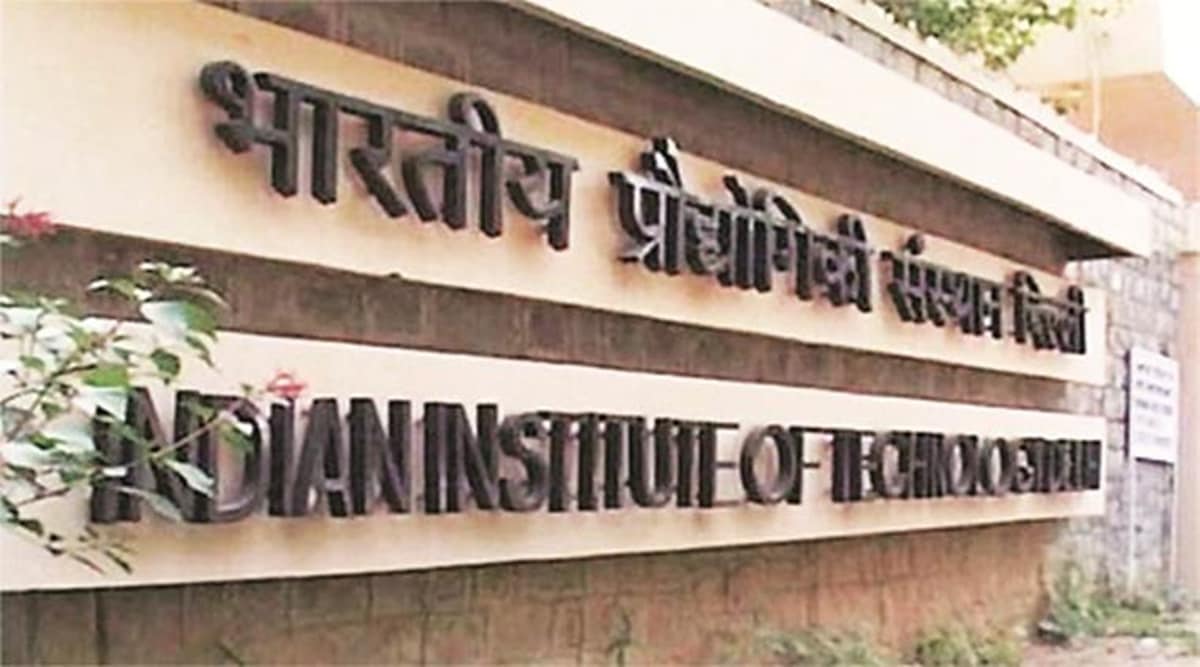THE SIX older Indian Institutes of Technology (Bombay, Madras, Delhi, Roorkee, Kanpur, Kharagpur) — ranked the highest in domestic ratings — boycotted the Times Higher Education (THE) World University Rankings for the fourth year in a row, citing a lack of “transparency” in their assessment.
A record 91 Indian institutions, including 16 private and 28 public Indian universities, found a place among the top 1,000 in THE Rankings 2024 released on Wednesday.

The IITs’ boycott this year comes despite THE having made a presentation to the heads of IIT Delhi, Bombay and Madras earlier this year, listing the modifications made to their ranking methodology as per the suggestions received by the IITs.
Speaking to The Indian Express, Rangan Banerjee, the Director of IIT Delhi, said: “The reason for the boycott was the same as in the past — non-transparent process with subjective parameters. Many factors were still black boxes.”
The new rankings were given using the modified methodology. “The new methodology for this year’s rankings includes significant updates. We are introducing a wider range of bibliometric measures, improving international metrics and expanding the role for knowledge transfer,” the methodology document released by THE read.
Times Rankings rate the universities on five parameters — teaching, research environment, research quality, international outlook, and industry. The rank of a university is calculated on the basis of the cumulative score received across the five categories.
Five new metrics were added to the ranking rubric this year, including research strength, research excellence, research impact under research quality, and patents under industry.
Story continues below this ad
The modifications were made primarily to the citation metric, which the IITs had previously been critical of. The citation metric, which measures the average number of times a university’s published work is cited by scholars globally, carried a weightage of 30% earlier. It was slashed to half in the updated methodology. IITs had alleged that the institutions received an unduly high score in the “research citation” area because of collaborative research projects, due to which a paper was cited over and over again.
IIT Guwahati had resumed participation in the rankings last year. The institute is currently placed in the 600-800 band in the rankings. The other IIT to have featured in the rankings is IIT-ISM Dhanbad, also in the 600-800 band. Both IIT Guwahati and IIT-ISM Dhanbad moved upwards from 1,001-1,200 band last year.
“Times Higher Education very much hopes and expects that the other IITs will return to take part in this vital exercise in benchmarking against rigorous, trusted and globally accepted performance data,” Ben Miller, the Communications Manager of Times Higher Education, told The Indian Express.
A total of 91 Indian institutions featured in Times rankings for 2024, slightly more than the 75 included last year. Shoolini University of Biotechnology and Management Sciences is the highest ranked among the 16 private Indian universities in the top 1,000, and the only one to find a place in the 501-600 bracket. The remaining private universities, including the likes of VIT, Amity University, Thapar, BITS Pilani, are placed in the lower brackets — from 600-800 and 800-1,000.
Story continues below this ad
Indian Institute of Science (IISc) is the best placed among the public universities and Indian universities in general, being the lone Indian institute in the 201-250 bracket. Three public universities — Anna University, Jamia Millia Islamia and Mahatma Gandhi University — feature in the 501-600 bracket. The remaining public universities out of the 28 in top 1,000 are either placed in the 600-800 or 800-1,000 bracket.
The total number of institutes in the Times Rankings went up from 1,799 last year to 1,904 this year, with India becoming the fourth best represented nation, up from the sixth position last year. A total of 124 Indian institutes had submitted their data to THE for consideration.

































